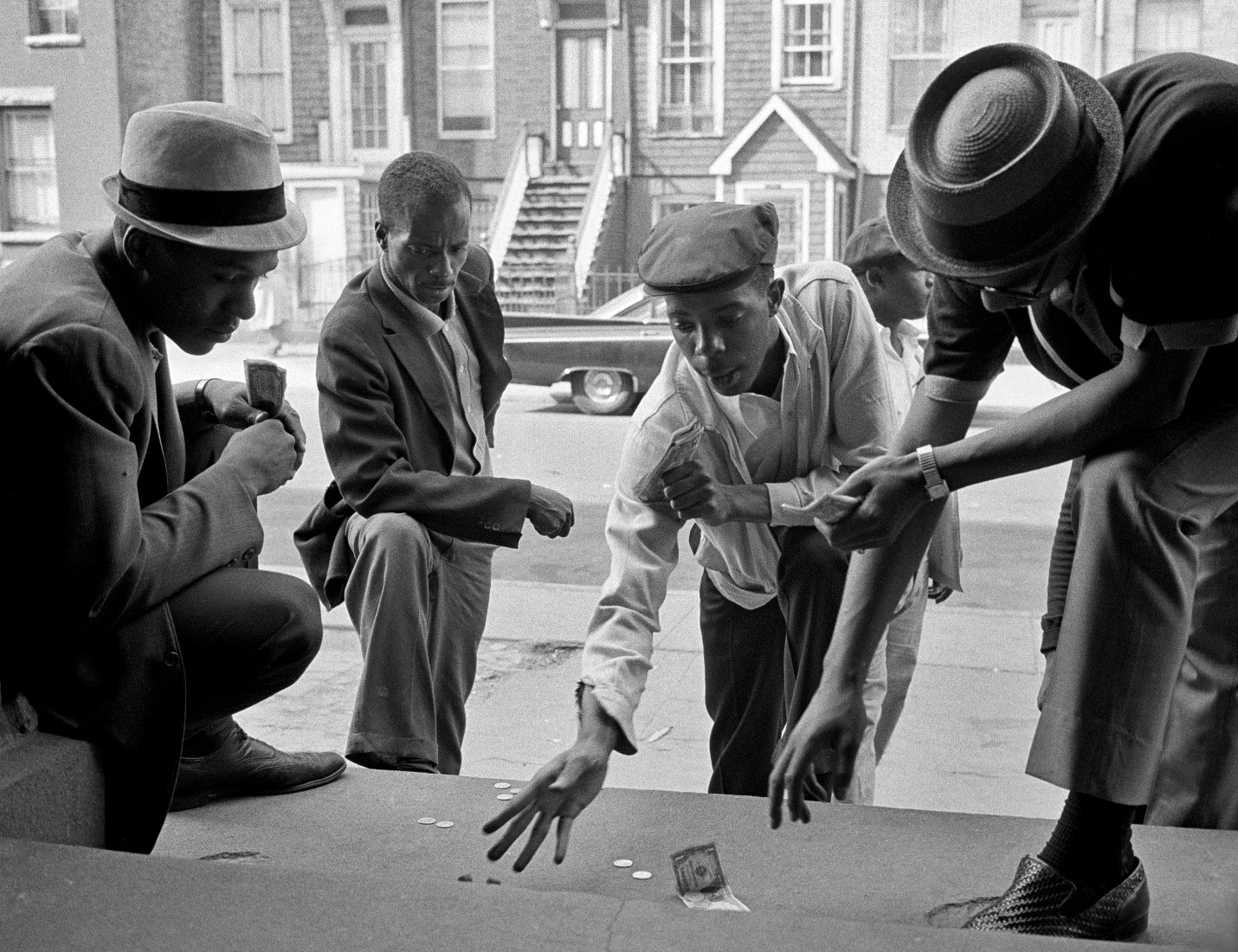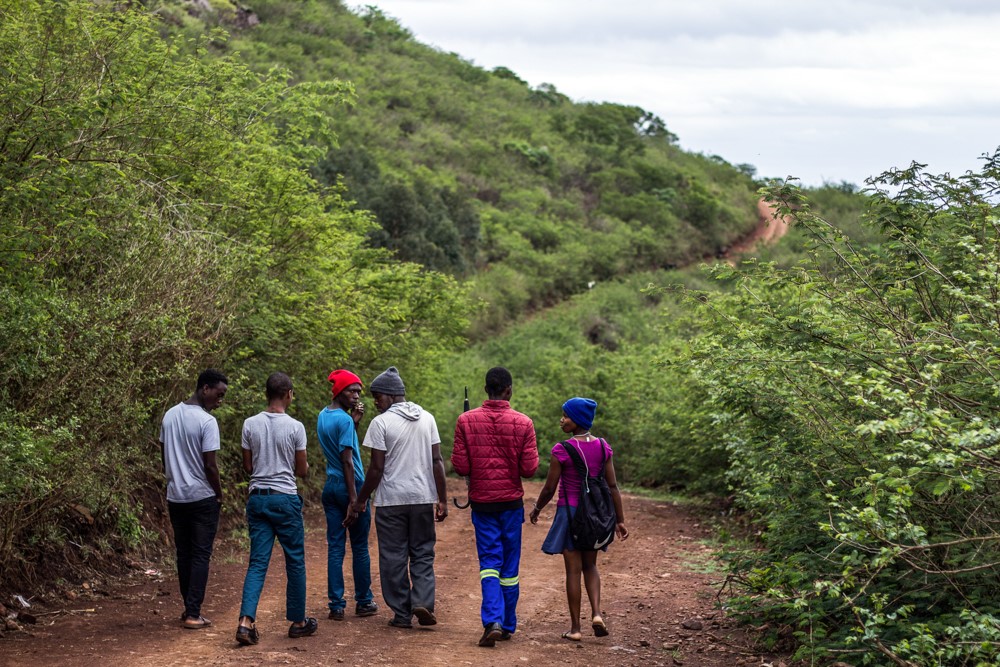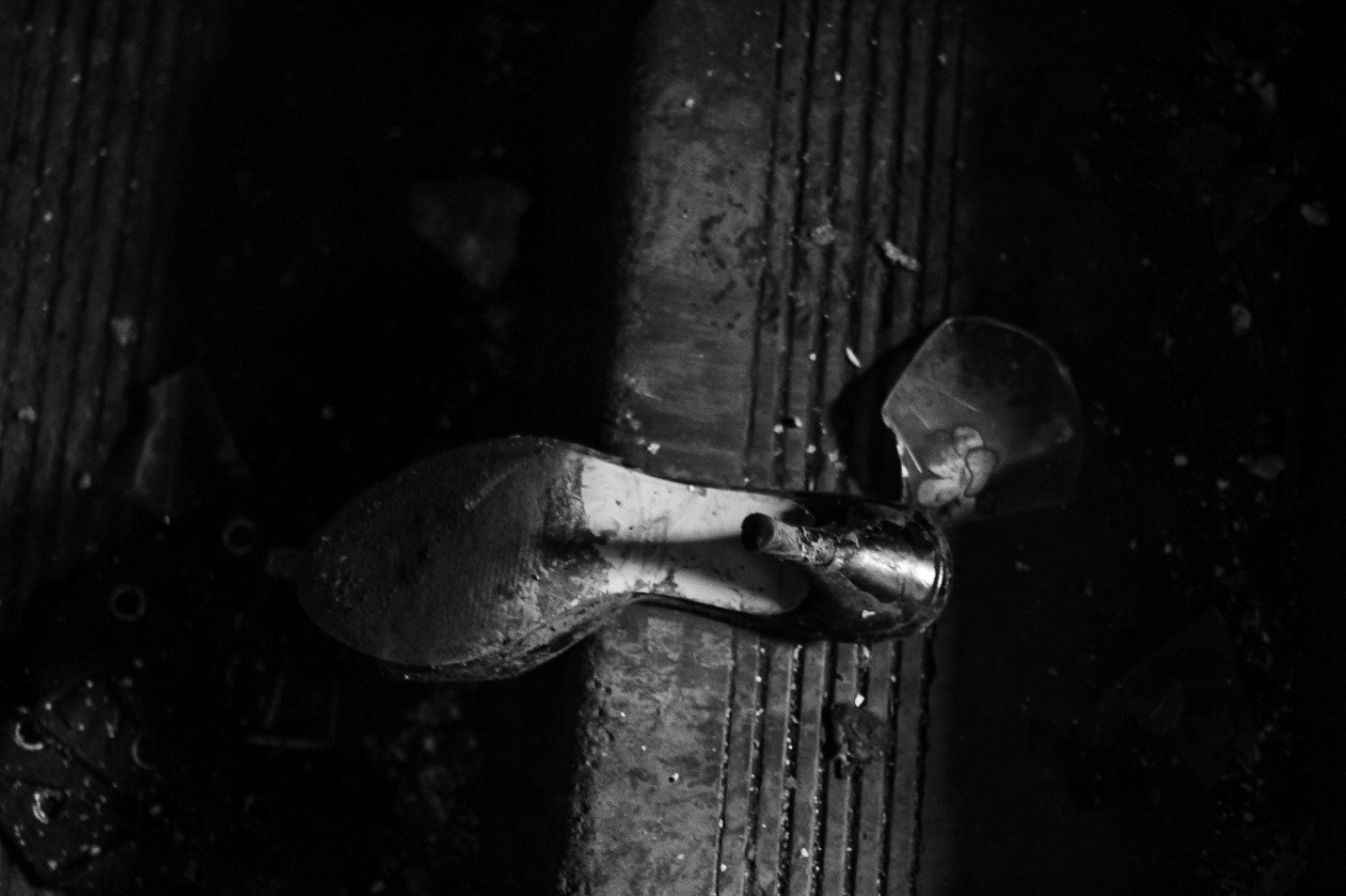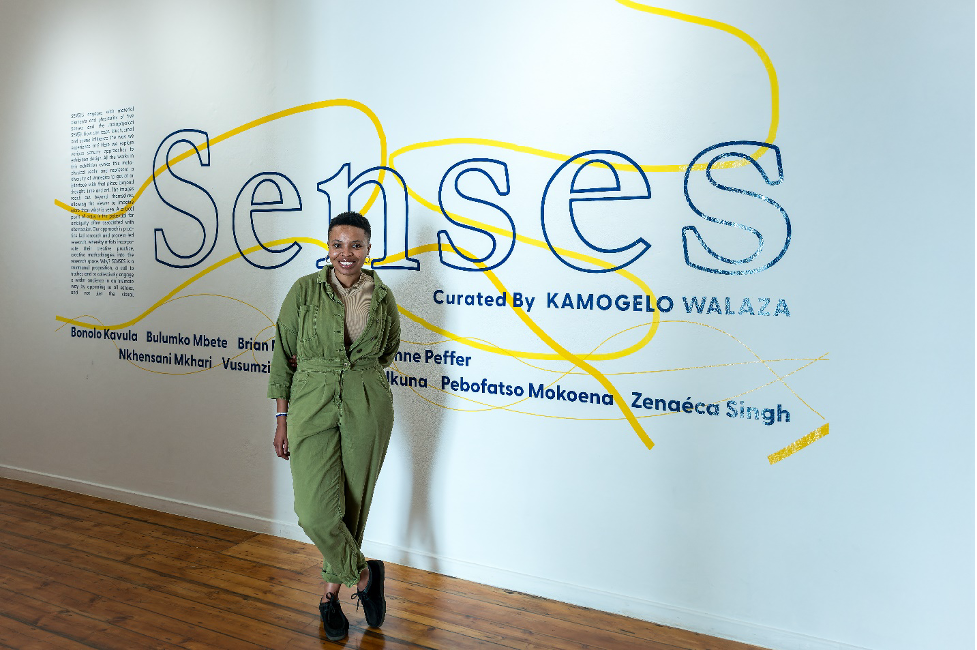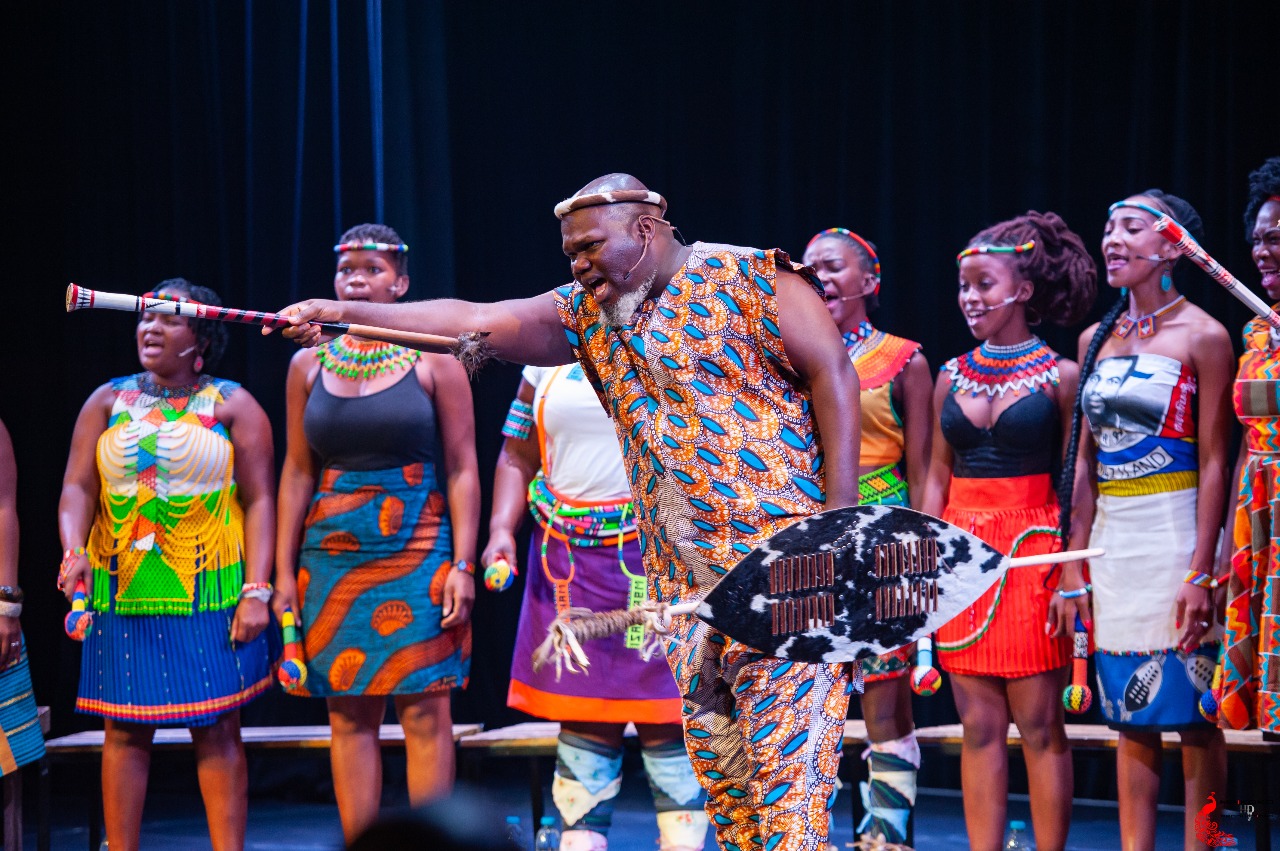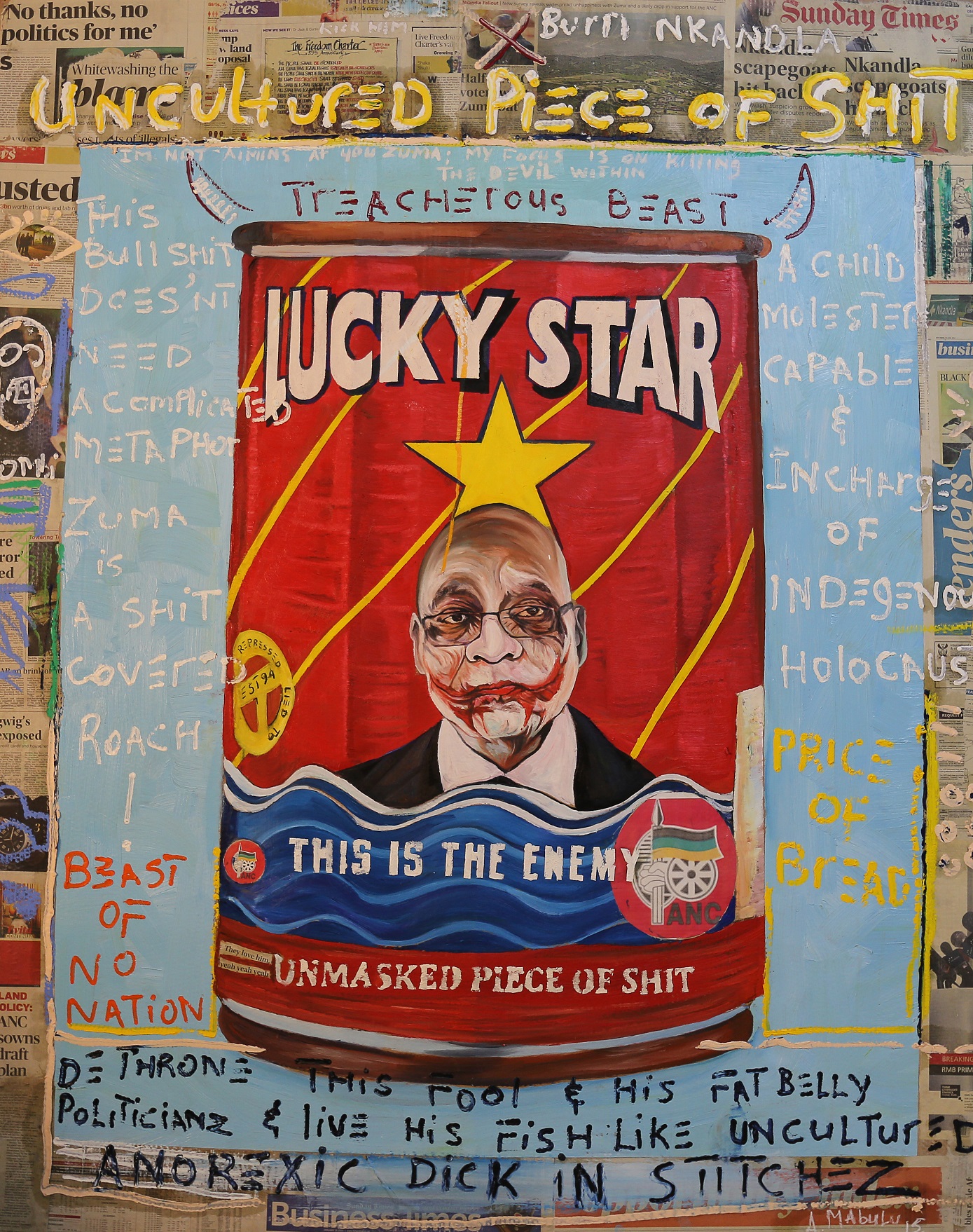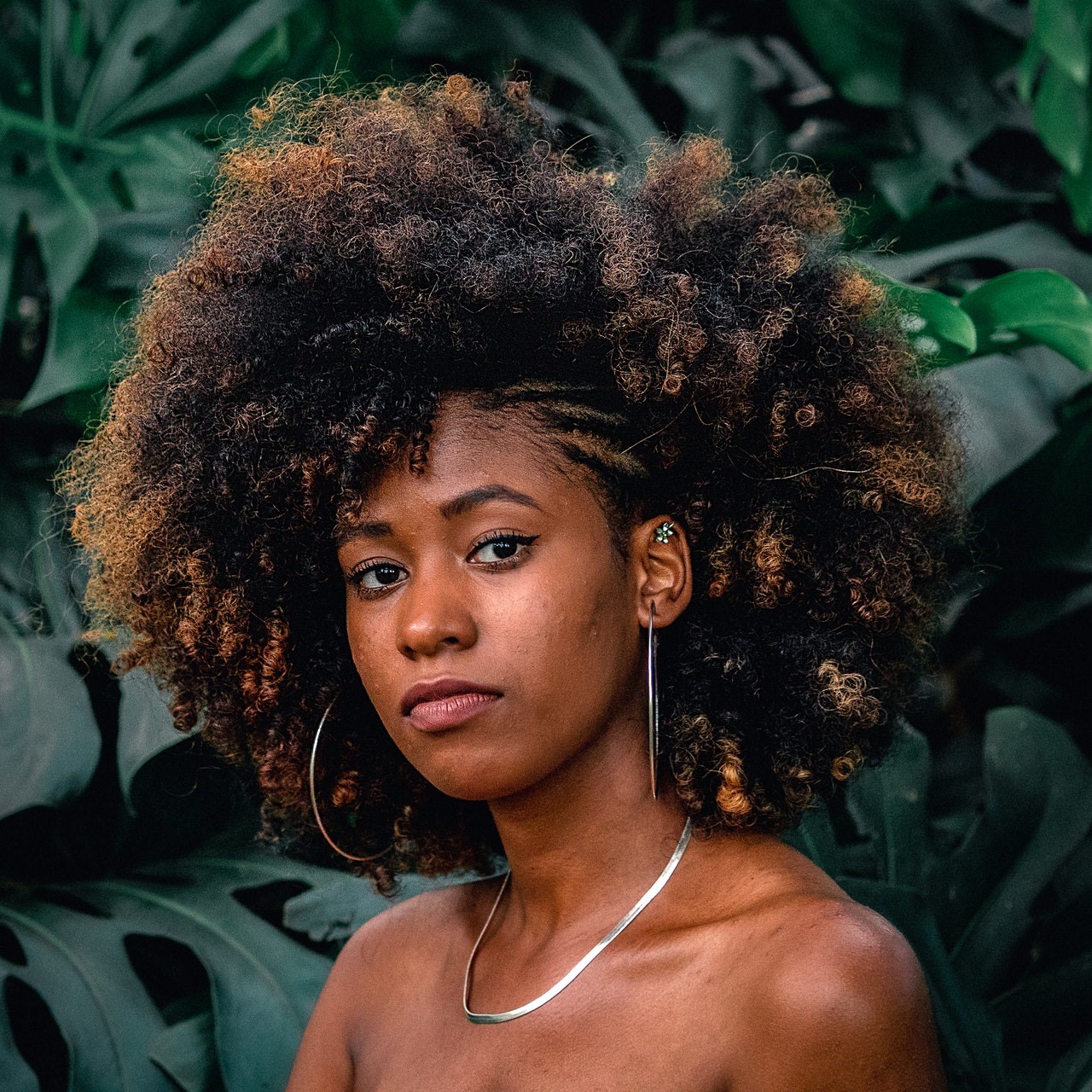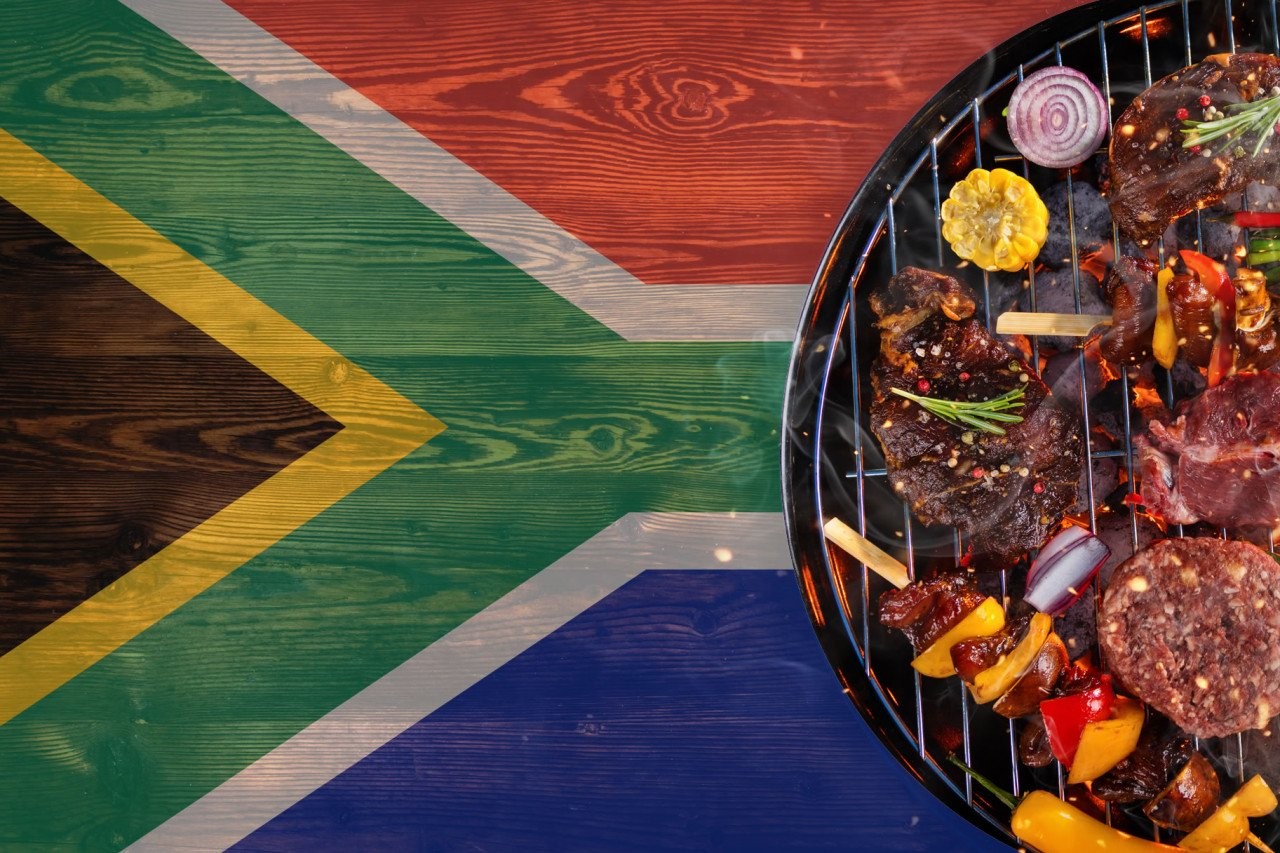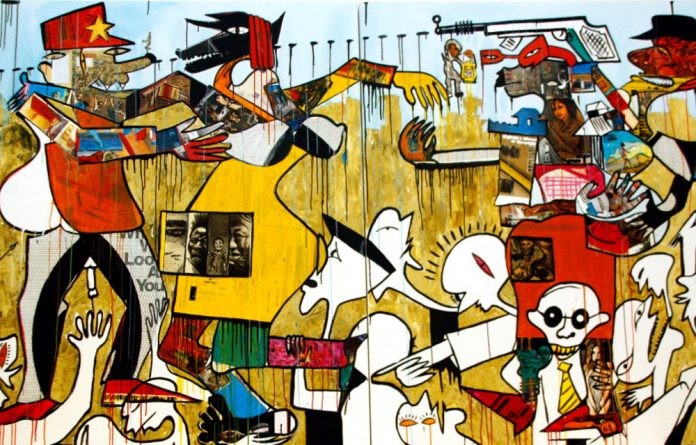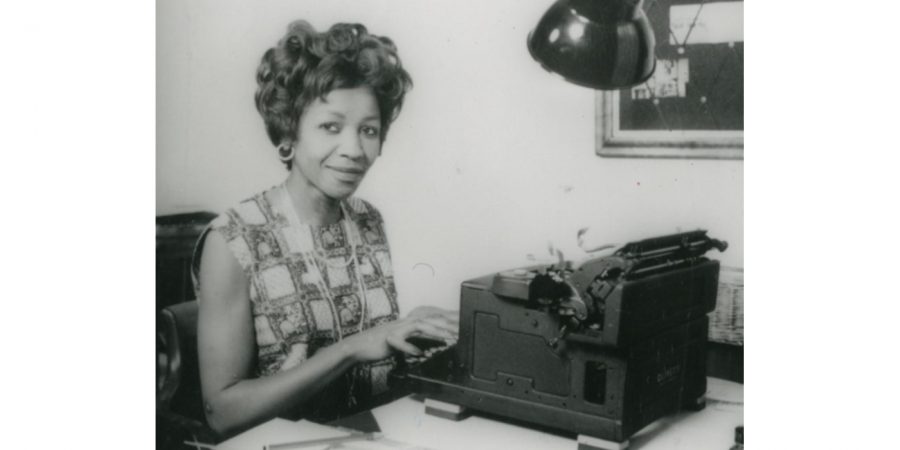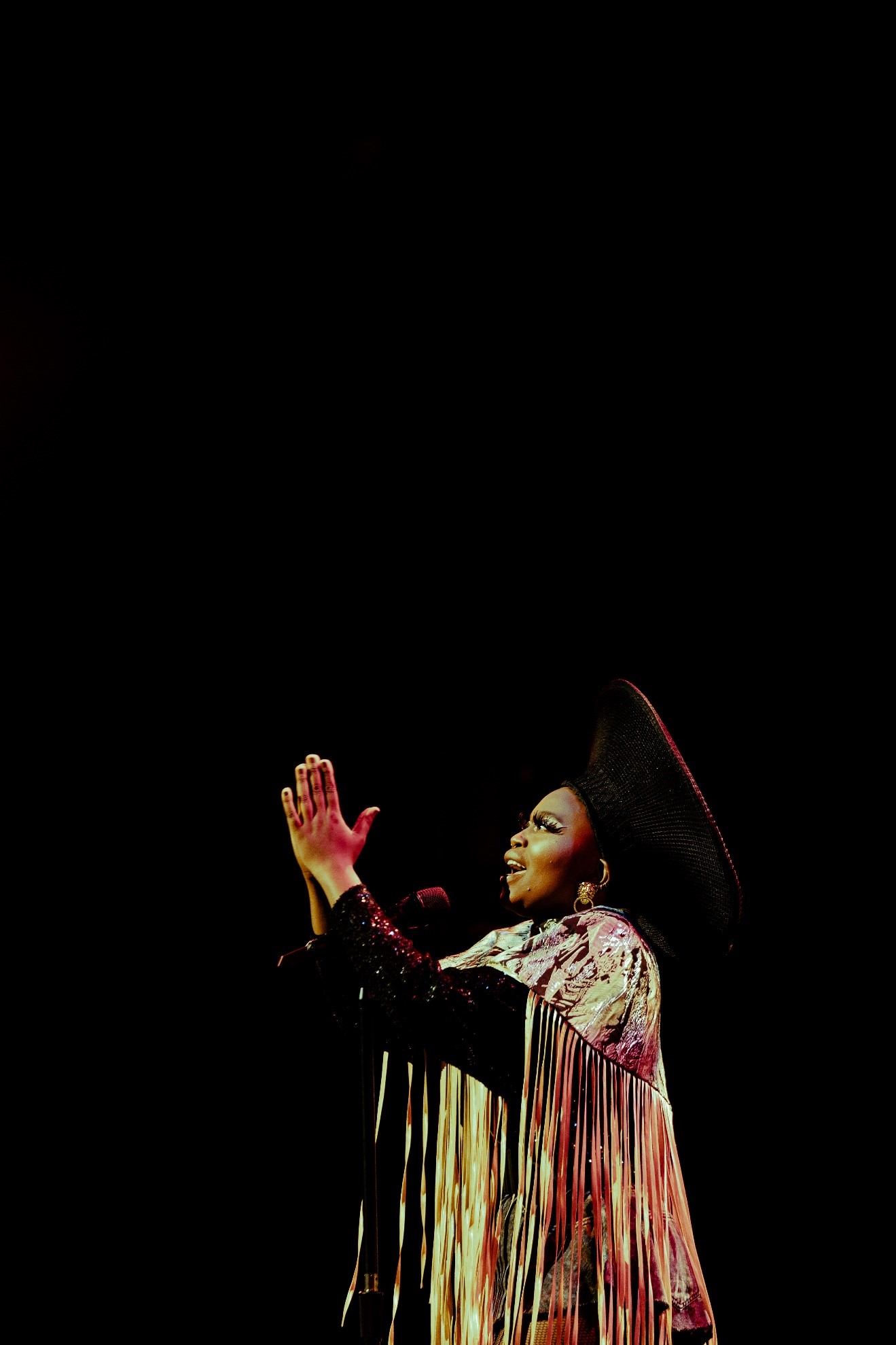The artistic world while full of exceptional individuals thrives when community comes into play. This installment of articles from our collaborator the Culture Review explores this notion and just how important it is to have support and community within artistic ecosystems to ensure sustainability.
In the tale, when the seed becomes a tree the planter’s hands are often unseen. This suggests that the seed, of its own volition, grows into the big tree that will one day offer shade and nourishment to those who can access it. The planter’s role, however, is just as important. Though their story is often devoid of glory, the planter’s hands play a very integral part in the life and death of the tree. Such is an example of real and true mentorship – the kind that is meant to uplift the mentee so that they, too, can one day lift others as they arise.
I was 20 years old when I decided that a career in the arts was the vocation for which I had been called. I was propelled forward by the inexplicable need to photograph in the name of storytelling. It felt as though the stakes were high, beyond many failed attempts at a so-called “normal job” – it felt imperative that I turn to photography, for the simple reason that only I could capture the experiences of my people the way I do, and that was reason enough to pursue a career as a photographer. Perhaps these reasons felt intangible, more so to my family, to whom I could only mutter – “I am fighting for something bigger than just me here” – whenever they asked why I would choose this miserable life.
After failed attempts at studying law, with a dozen rejection letters from prestigious universities filling my sock drawer and driving me to drunken oblivion, I decided that the musings on my bedroom wall shall be turned into the bread and butter I seek to endure life’s endless brawl. I forced my way into a course at the Market Photo Workshop. Between breaks that included copious amounts of weed smoking, beer drinking, late-night city walking (when I wasn’t in class), I found a voice and a way to see that led me to finally forging a halfway decent creative career. I envisioned a life in the city, perfectly ideal for an artist forging a career in the city of gold. But it soon became clear that all that glitters isn’t gold, even in this city. The idea that I was to become an independent artist, creating as I pleased and still being able to build a decent life in a city like Johannesburg, proved to be an impossible mission. The reality of my violently Black and queer body, the darkened path of a working-class upbringing, and the depressing reality of constantly having to explain why I chose this life would often collide – leaving me wondering if I shouldn’t repent and find a ‘normal’ job to satisfy the aching pains of physical and creative hunger.
Creativity is not just the pursuit of life’s simple joys. Though it is often life-giving work, it is also taxing, particularly because, in the world in which we live, one’s career must yield reward. The societal norm demands nothing less. Navigating this rough and seldom consistent terrain takes a heavy toll and how I have been able to survive include but are not limited to the following steps: The first is to try; to send that email, to make that application, and just to start. Do whatever it takes to keep your name on the lips of gatekeepers until they don’t have a choice but to give you a chance. The second is to create for you first, trust your insights and experiences, and trust that when you reflect these in your work, they will resonate with people who appreciate the honesty in creativity. The third is knowing that among the 100 ‘we regret to inform you’ emails – number 101 might become ‘we are pleased to inform you. The best way to navigate the creative industry is also to remember the age-old saying, ‘indlela ibuzwa kwaba phambili’ – the most memorable currency is the friendship of elders; the mentorship granted between sips of beer and puffs of shared cigarettes. The project concepts that find life beneath the pulsating beats of Shebeen jukeboxes and small talk shared at art events. Befriend the elders, they are the most accessible books available for us to read.
I have not quite reached the summit of this mountain, but I am often reminded that there is no monopoly on creativity. That perhaps because this path is for the ‘non-capitalists’ then it will be that much harder to ‘make it’ in the same way as other jobs or vocations. There are a few things along the way that have played an integral part in the writer and photographer that I am becoming, and the first and most important is community. Nothing breathes life into the drying bones of an uninspired and unpaid artist like knowing that they are loved and cared for. Knowing that, whether your exhibition is on the money-soaked walls of elite galleries or the piss-stained sidewalks of the city’s public spaces, you will have an audience to appreciate, critique and laud your work is the fuel you might not know you need – until you receive it. The community will buy you bacon on the days when the cholesterol of swine is the only wheelchair that will carry you when the Kryptonite of capitalism renders you weak. The community will call, give love, buy your art and hype you up on the days when all feels lost, and this community is the most valuable currency for the artist.
There are days when creating will be hard, days when everything except making art is doable, and on those days the only advice is to start. Write one word, take one picture, paint one stroke and take it from there. Create for the sake of creating, because that is the unknown remedy to the ailment of creative block. Reconcile yourself with the idea that, for as long as the world subscribes to capitalism, we will all need money to make it. Though the reality is that we know our art is valuable, even priceless… we must be realistic in understanding that we should set a fair price and ensure that we get properly compensated for what is rightfully ours. Set your price and be adamant about it. Be fair to the time you put in, to the emotional labour of your heart, by ensuring that the value in money is reflective of those efforts. Remember, however, that part of our many duties is to ensure that we create to comfort the distressed and distress the complacent. Say what is uncomfortable and let them remember your name. Let your work speak for itself and wake up every day knowing that you are working towards something bigger than just you. With every step as you climb towards the summit, remember to lift as you rise – ngoba kwamele s’pope sonke macala. We lift as we rise, not for glory but the wellbeing of our collective humanity, just as the planter’s hands plant seeds not for glory, but for the wellbeing of life itself.
Copyright: Cav’ Platform / Goethe-Institut Südafrika

